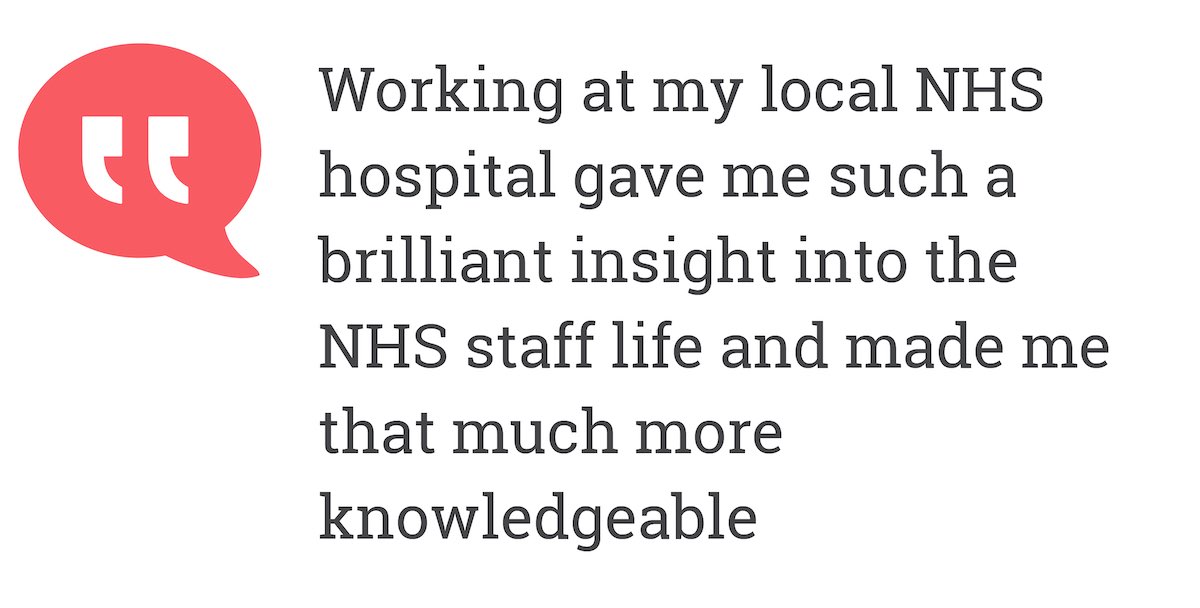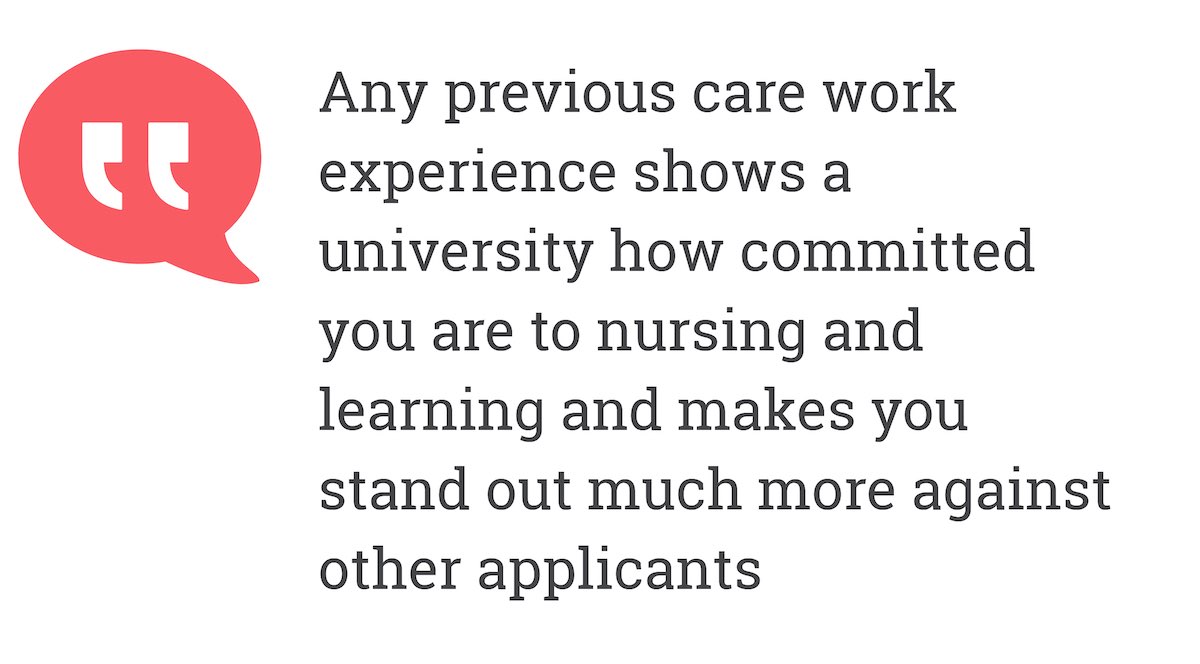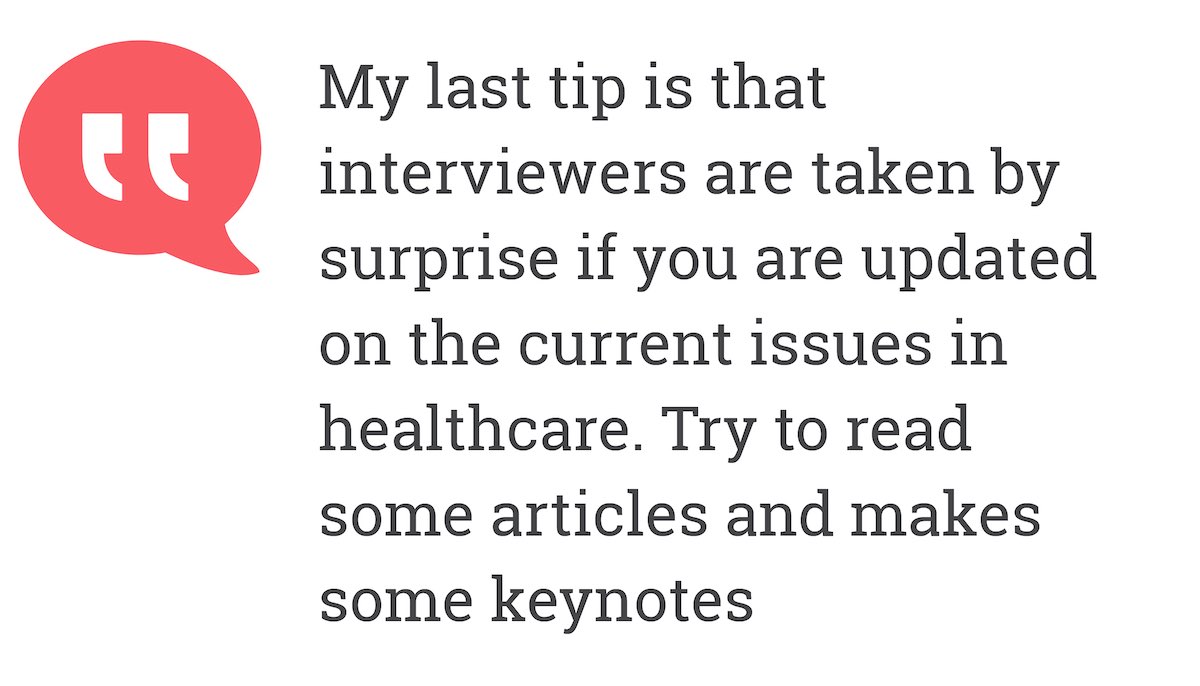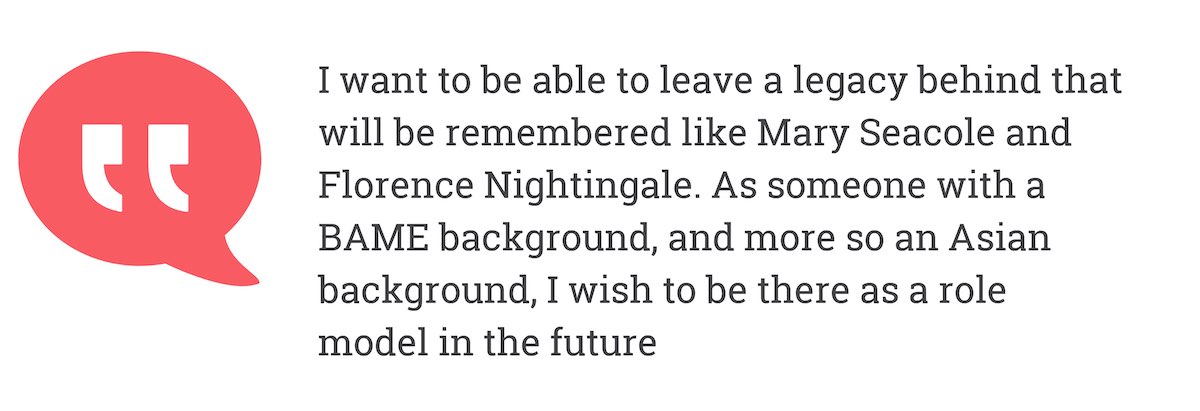- 22 April 2021
- 12 min read
Thinking Of Studying Children’s Nursing? 1st Year Student Shares Her Tips And Advice
Subscribe "My last tip is that interviewers are taken by surprise if you are updated on the current issues in healthcare. Try to read some articles and makes some keynotes"
"My last tip is that interviewers are taken by surprise if you are updated on the current issues in healthcare. Try to read some articles and makes some keynotes"This article explains how a 1st year Children's Nurse student built her experience in care before qualifying for a University place, plus other great tips you can learn from to follow the same route.
Topics Covered In This Article
Why Did I Decide To Be A Children's Nurse?
What Qualifications Do You Need to Study Children's Nursing?
I Worked In A Day Care Centre And This Is What It Taught Me
Local NHS Hospital Experience & The ‘Step Into The NHS’ Programme
What I Learned By Volunteering For A Children's Hospice
My Work Experience Helped My Nursing University Application
My Nursing University Interview Questions Tips
What You Will Learn When You Study Children's Nursing
How Does Children's Nursing Differ To Adult Nursing
What I Do As An RCN Student Ambassador
What I Hope My Children’s Nursing Career Will Be Like
Why Did I Decide To Be A Children's Nurse?
I decided to be a Children's Nurse for many reasons, but my subjects had a great influence on me.
I studied Child Development at GCSE level along with my other subjects and then went onto study Health and Social Care, Psychology and Sociology at A-level.
General interest in the subject was a big one for me since I was always fascinated by healthcare.
I always liked watching medical documentaries on our NHS and this was something that I could envision myself doing. Unlike most people, I like the hospital environment because I think it radiates hope everywhere.
Even though I have been in the hospital a few times for some of my family members, I always thought that there was something about it that just seemed to call me.











About this contributor
Children's Nurse Student
I’m in my first-year studying Children's Nursing in London. I have a passion for child development and studied A-Level Psychology and Sociology, and also the BTEC Level 3 in Health And Social Care. I’ve had plenty of work experience such as in a daycare centre, as well as work experience in my local NHS hospital. I also volunteered in Haven house Children's hospice. I’m currently a Student Ambassador for my university as well as the RCN.
More by this contributorWant to get involved in the discussion?
Log In Subscribe to comment